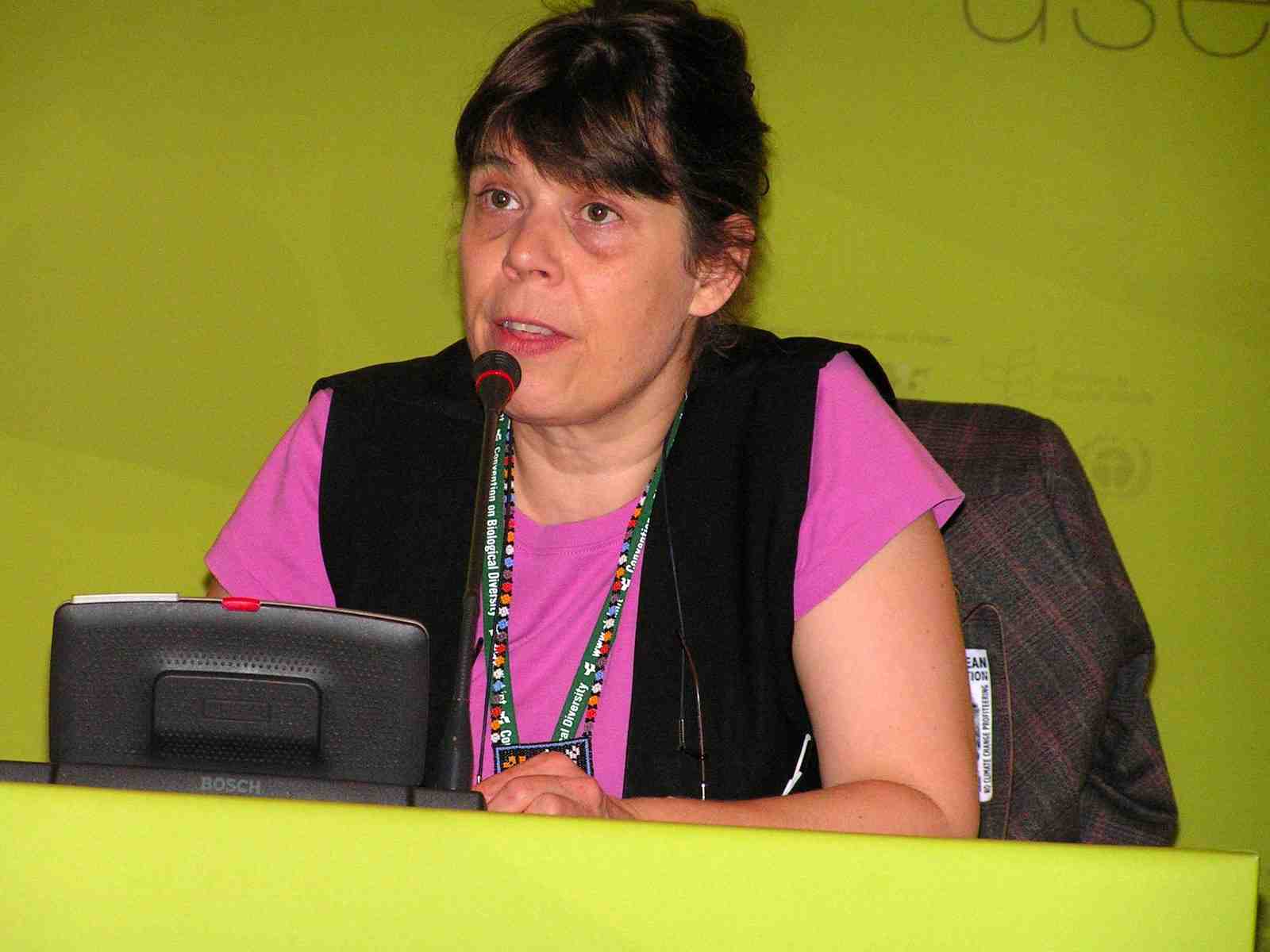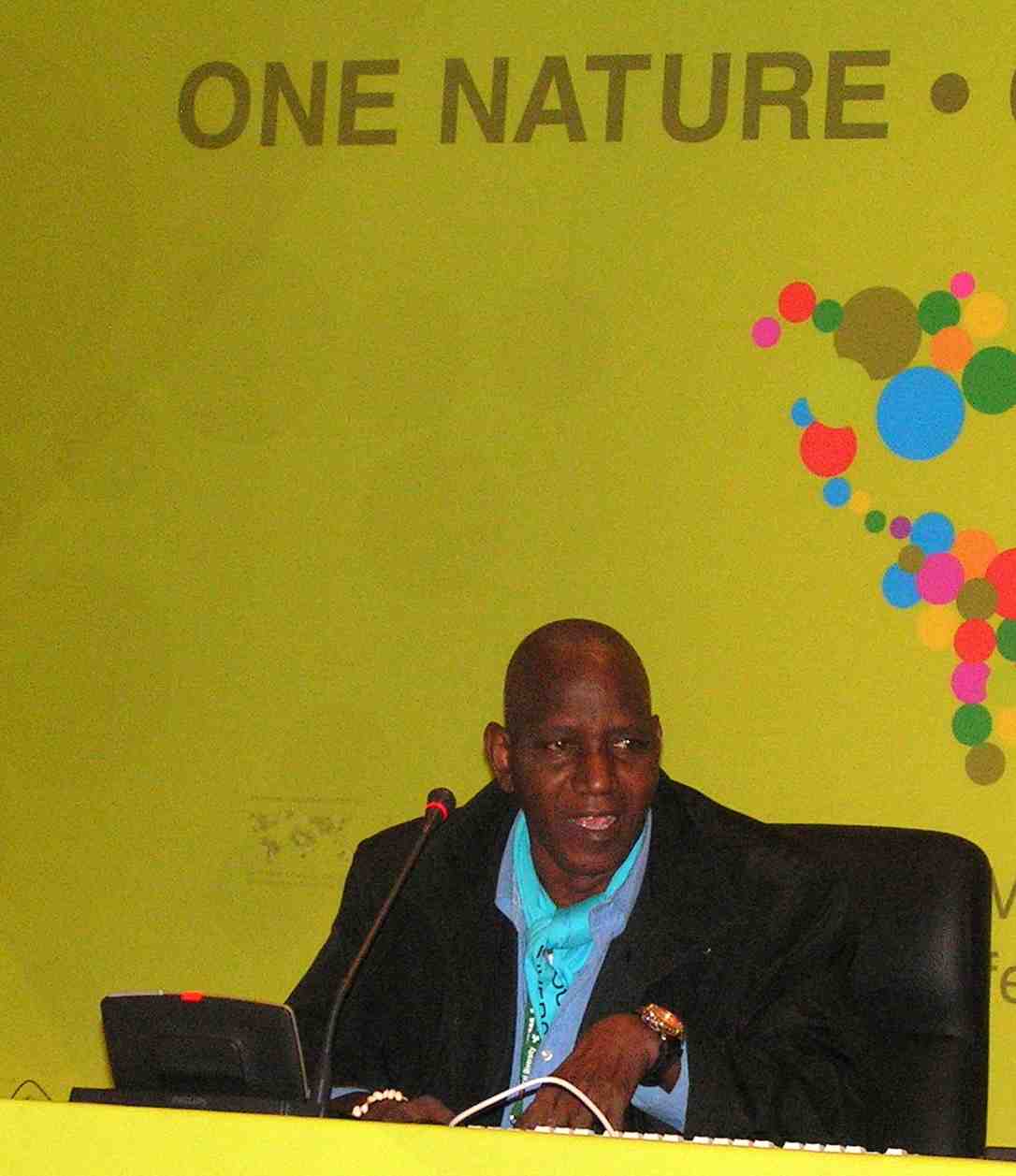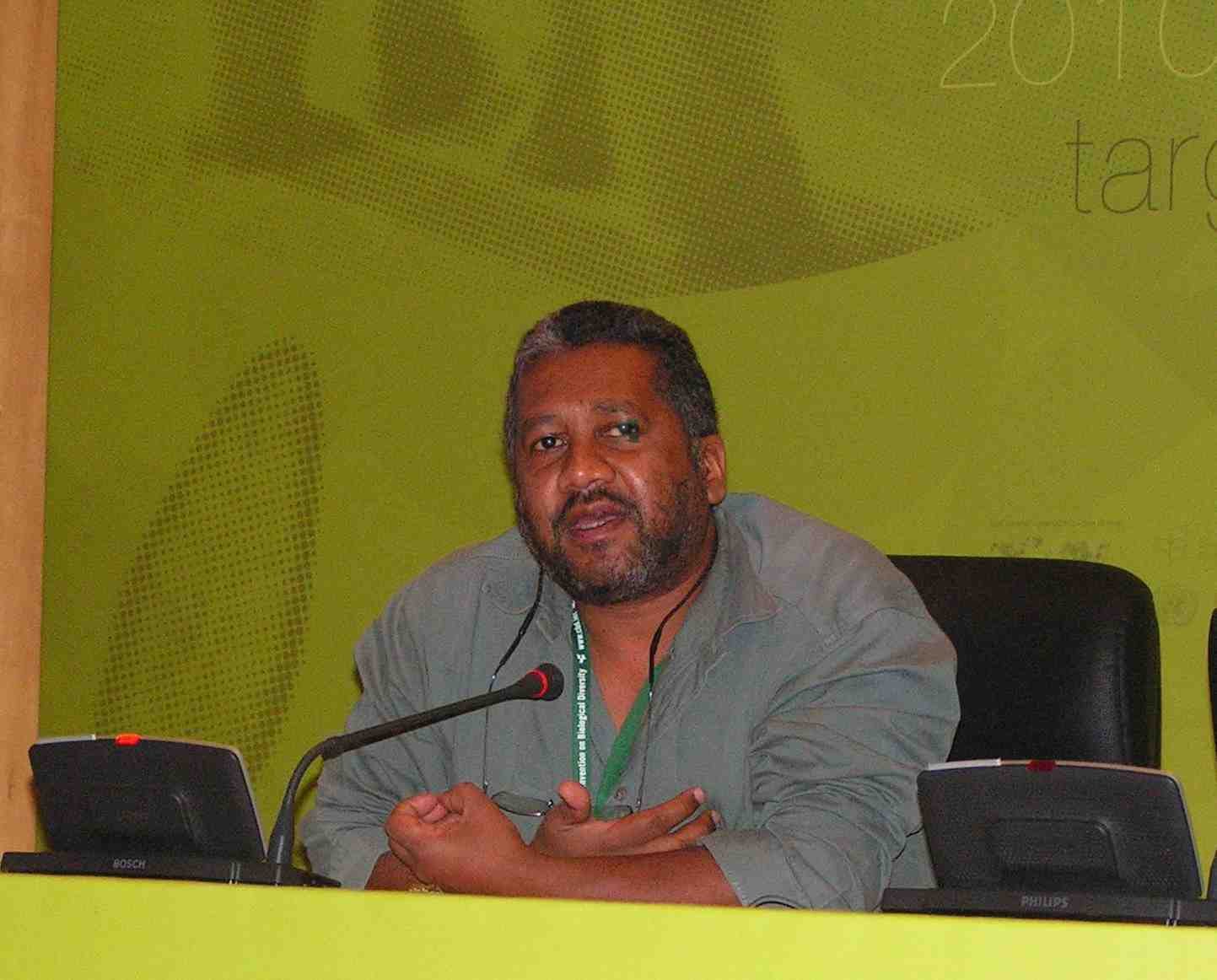|
CALL TO ACTION ON FOOD EMERGENCY
|
|||||||||||||||||||||
|
|
|
Global launch of an international Call to Action by social movements and civil society on the World Food Emergency and the underlying loss of biodiversity No More “Failures-as-Usual"! Historic, systemic failures of governments and international institutions are responsible Governments will meet in June at the FAO Food Summit in Rome and they must begin by accepting their responsibility for today's food emergency and the loss of biodiversity The emergency today has its roots in governments' and intergovernmental organisations' failures, among others, to respect, protect and fulfil the right to food and to produce food, especially for domestic markets. Henry Saragih, international co-ordinator of La Via Campesina said: " this food crisis is the result of the ongoing market liberalisation and the neglect of food production by international institutions and national governments”. Saragih added “This has to change! Peasant and family farmers need policies that protect and stabilize domestic markets and support food production for local and national markets " . In the midst of collapsing farm, livestock and fish stocks and skyrocketing food and fuel prices, new policies, practices and structures are required to resolve the current food emergency and to prevent future - and greater - tragedies. Governments' and intergovernmental organisations' policies have undermined agricultural productivity and destroyed national food security. This has had a dramatic impact on agricultural biodiversity and its resilient ecosystems that underpin the sustainable production of food from crops and livestock in all regions of the world. Mana Diakite, USC West Africa declared: ” the push for agrofuels and the so-called new green revolution is threatening our local seeds and livestock breeds and undermining our food sovereignty in the Sahel , as elsewhere.” Diakite added ”We need a new approach that protects us from misguided technologies and invasive markets that are forced on our farmers and livestock keepers and erode our precious agricultural biodiversity .” Social movements and civil society organisations have joined together to develop a global plan of action for food and agriculture and are willing to discuss this plan with governments and intergovernmental organisations that will be attending the Rome Food Summit. We call for, among other demands: • A State of Emergency : In this crisis peoples and states can call for a State of Emergency and suspend agreements and regulate citizens and corporate activities. They must do so immediately allowing people to take back control of their food systems; • UN Commission on Food Production, Consumption and Trade: A new inclusive mechanism is needed to replace the UN Task Force. This Commission should have a significant and substantive representation of small-scale food producers and marginalized consumers ; • No quick fixes: This is a generational emergency which is likely to continue for another generation – long term solutions are required. Governments must not be allowed to repeat the same institutional mistakes and short-term technofix solutions of the past. No more Green Revolutions – long term food sovereignty solutions are needed. To read the full statement go to Call to Action (English) The statement and global plan of action was prepared by members of the IPC, the International Planning Committee for Food Sovereignty. The IPC is a facilitation mechanism in which key international social movements and organisations collaborate around the issue of food sovereignty: these include ROPPA, WFFP, WFF, La Via Campesina, and many movements and NGOs in all regions (see: www.foodsovereignty.org/new/focalpoints.php ). The IPC is coordinating a Parallel Forum to the FAO Food Summit in Rome, 1- 4 June 2008 "Terra Preta: Forum on the Food Crisis, Climate Change, Agrofuels and Food Sovereignty " www.foodsovereignty.org/new/terrapreta.php . Copies of the full Civil Society Statement on the World Food Emergency are available in English, French and Spanish (see links at top of this page Social movements and civil society organisations, who are prepared actively to support this Call to Action, are invited to sign up to this statement at www.nyeleni.eu/foodemergency |




